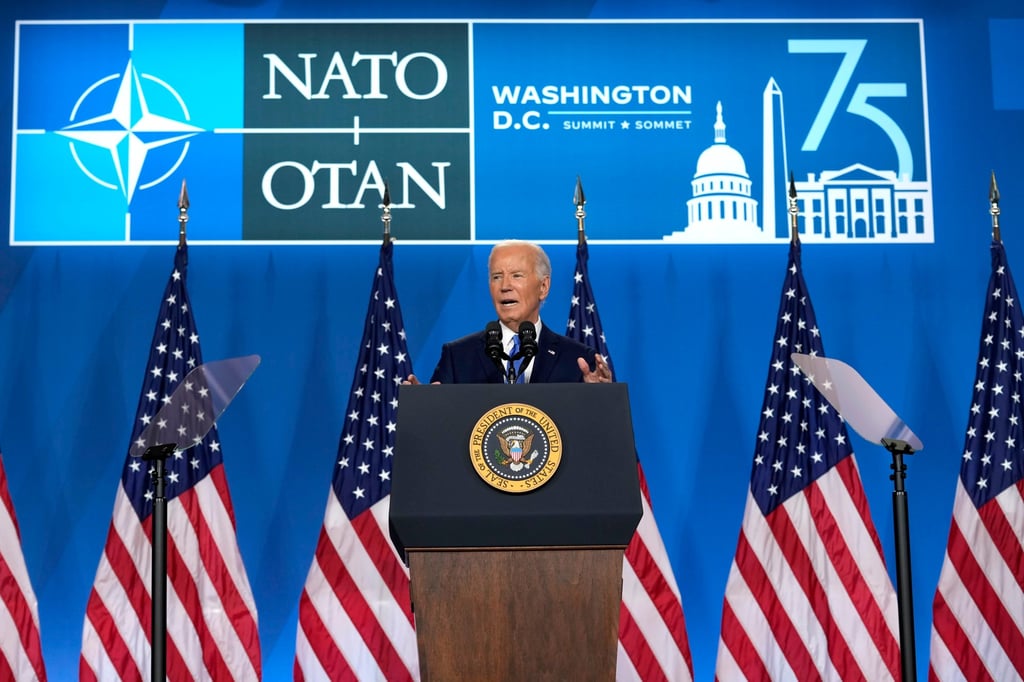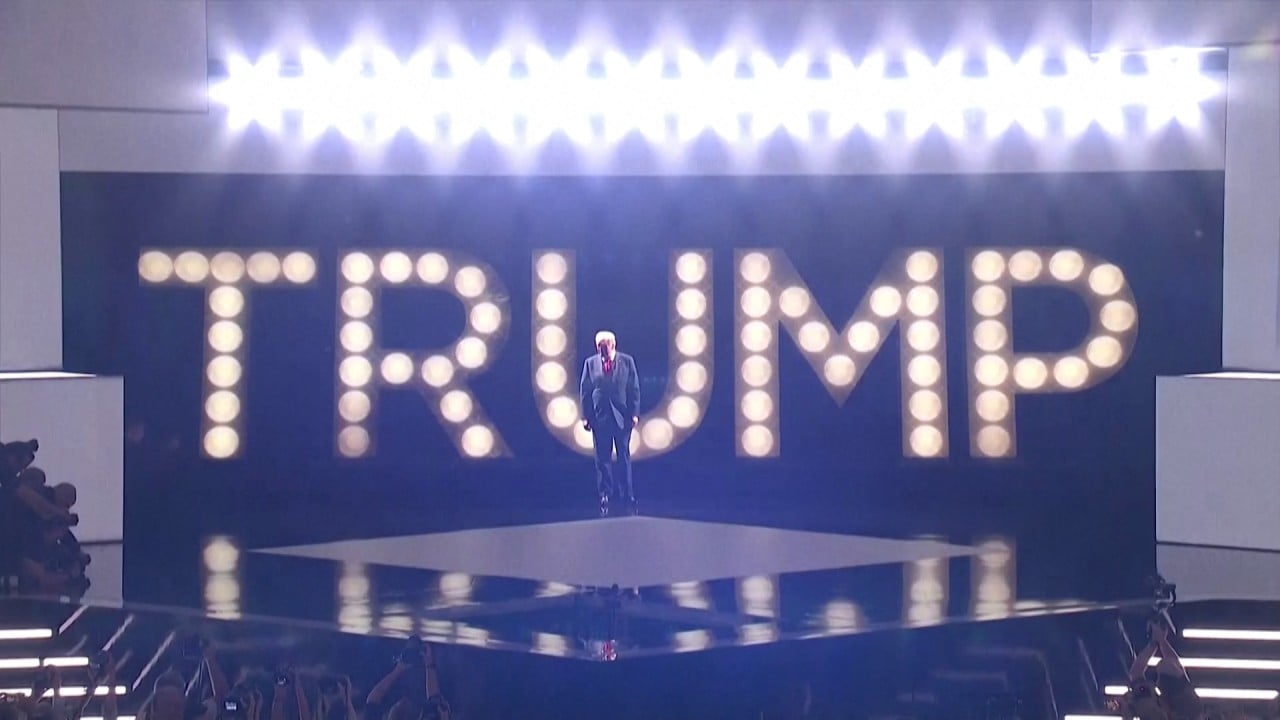Trump advisers push even higher target for Nato defence spending
The higher target mooted by Trump’s advisers would require hundreds of billions of dollars in new spending from allies already struggling to control government debt. Only three Nato nations – Poland, the US and Greece – spent 3 per cent or more of their GDP on defence last year, according to Nato.
One person familiar with Trump’s position described the latest figure as a negotiating tactic meant to pressure allies not to get complacent as they boost defence spending. At a Nato summit in 2018, Trump suggested allies spend even more than that – 4 per cent of GDP – on defence, a target even the US does not currently meet.
Such a demand would put Trump in line with Poland’s President President Andrzej Duda, who forged a bond with Trump when he was US president and called on Nato earlier this year to meet a 3 per cent target. The three Baltic states have all pledged to raise their defence spending to 3 per cent of GDP.
Although Trump can demand changing the Nato target, doing so officially would need the approval of all alliance members. In 2014, Nato nations agreed to the so-called Wales Declaration, a non-binding commitment in which they aimed “to move toward the 2 per cent guideline” within a decade.
Nato defence spending has become a major talking point in the US presidential campaign, with Trump suggesting at a rally in Florida early in July that he would not honour alliance commitments to mutual defence if a country isn’t meeting its spending targets.
Trump’s campaign did not immediately respond to requests for comment. But in a statement late last year, Trump’s co-campaign managers Chris LaCivita and Susie Wiles said “no aspect of future presidential staffing or policy announcements should be deemed official” unless it comes from Trump or his campaign team.
Another person confirmed the higher target had been discussed in Milwaukee but there was some debate about whether setting it would be a good idea. The person said the lower target is a useful cudgel because all member states had committed to it, whereas setting a higher goal would be impossible to enforce and might fracture alliance unity.

Both Trump and the administration of US President Joe Biden have sough to take credit for the rise in military spending by North Atlantic Treaty Organization allies over the last few years. In 2024, 23 of the alliance’s 32 members were set to spend at least 2 per cent of GDP on defence, up from nine in 2020. More have pledged to hit the goal this year.
A Nato spokesperson said the alliance itself has made clear that 2 per cent is only a baseline and not a limit. A communique from a recent Nato leaders summit in Washington said spending beyond that target would be needed in some cases to address shortfalls.
But experts say that is more due to the response to Russia’s invasion of Ukraine than cajoling from Biden or Trump. In recent months, European leaders have said they expect to spend even more for their security as the US focuses on other priorities.
A 3 per cent target for Nato allies would be a high bar. Germany would need to spend almost US$900 billion more annually, while the tabs for France, Italy, Spain and Canada would be about US$500 billion each, according to estimates from Bloomberg Economics.
Publicly, Trump’s allies have offered reassurances about Nato, suggesting that the former president’s demand that they pay more means he sees the value in the alliance.
“I would argue that Donald Trump obviously cares more about Nato than any other president because he’s the one that’s trying to give it more money,” Richard Grenell, Trump’s former ambassador to Germany, said at a Bloomberg News event on the sidelines of the Republican National Convention in Milwaukee last week.
